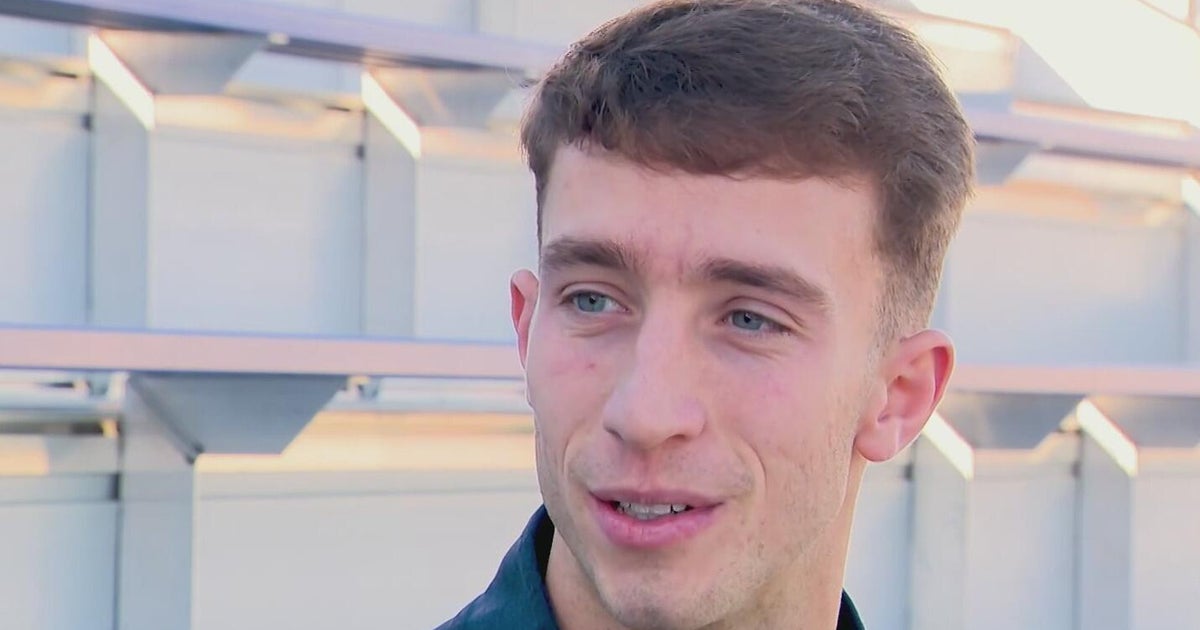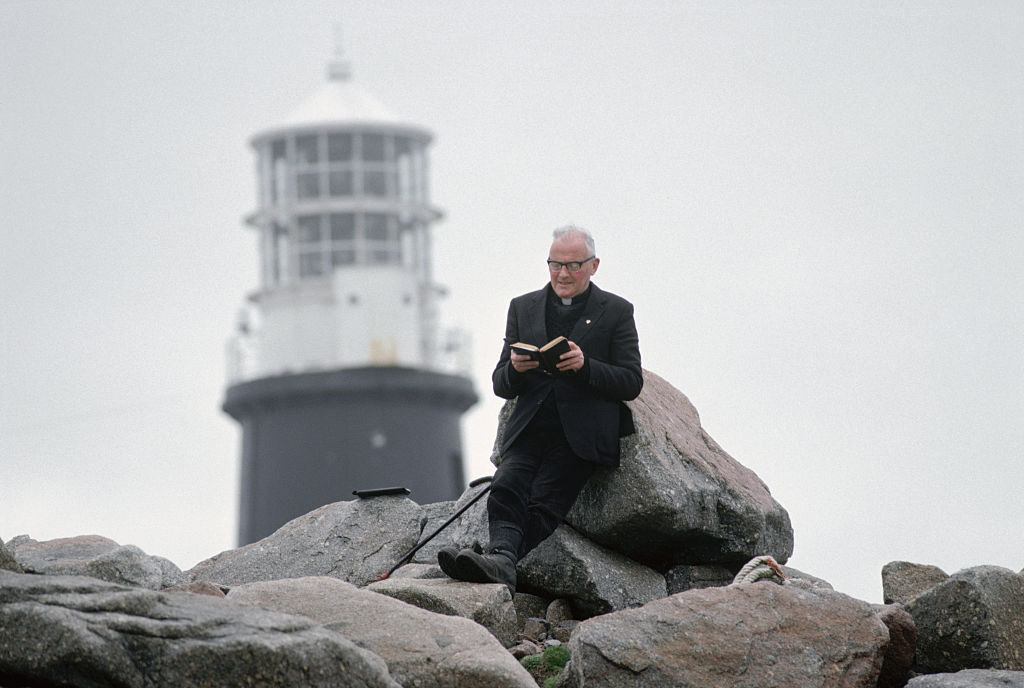'Tis the season for heart troubles, doctors warn
The holidays are a time for celebrations with loved ones, but the abundance of the season — excess food, alcohol and stress — can bring on some serious health problems, in particular heart trouble, doctors warn.
“People are eating more, drinking more, they’re not exercising,” said Dr. Tara Narula, a cardiologist at Lenox Hill Hospital in New York and a CBS News medical contributor.
Such behaviors are risky, especially for people with high blood pressure, a major risk factor for heart attack and stroke. Studies show heart attack-related deaths are five percent more likely around Christmas and New Year’s.
The American Heart Association reminds high blood pressure patients to be conscious of their health during the holiday season.
Ilan Arboleda is one such patient who is trying to keep his blood pressure under control.
“I’ve taken the medication, but exercise and diet hasn’t been great. So it’s my responsibility to get that going,” he told CBS News.
People with high blood pressure should also remember that decongestants can raise blood pressure, so it’s important to be careful with over-the-counter medicines.
In addition, experts warn that cold weather can be hard on the heart, causing the blood vessels to constrict, which could make someone more prone to heart attack or stroke.
However, new research shows that the so-called “holiday effect” likely isn’t just about the cold weather.
Researchers at the University of Melbourne in Australia analyzed trends in deaths in New Zealand, where Christmas occurs during the summer season. Over a 25-year period, from 1988 to 2013, the results showed a 4.2 percent increase in heart-related deaths occurring away from a hospital December 25 through January 7.
While a number of factors may be at play — including overindulging in food and drinks — the study authors have a couple other theories.
“The Christmas holiday period is a common time for travel within New Zealand, with people frequently holidaying away from their main medical facilities,” study author Josh Knight said in a statement. “This could contribute to delays in both seeking treatment, due to a lack of familiarity with nearby medical facilities, and due to geographic isolation from appropriate medical care in emergency situations.”
Another possibility may have to do with a terminally ill patient’s will to live through a much-anticipated time.
“The ability of individuals to modify their date of death based on dates of significance has been both confirmed and refuted in other studies, however it remains a possible explanation for this holiday effect,” Knight said.
While people who have risk factors for heart disease are at the highest risk, Narula says everyone can benefit from moderation, especially at this time of year.
“Certainly anyone could be at risk if they’re consuming a lot of alcohol, or eating a ton of salt, or under a lot of stress,” she said.
Arboleda said he is keeping all of these things in mind this holiday season.
“Portion control is a major thing for me and making sure I keep moving, that I don’t just sit on the couch and watch football, maybe actually go play football, or go for a run or a walk,” he said.
Finally, experts warn not to ignore the signs of a heart attack, which can include shortness of breath, dizziness, or pain in your chest, arm or neck, and seek medical attention immediately.





